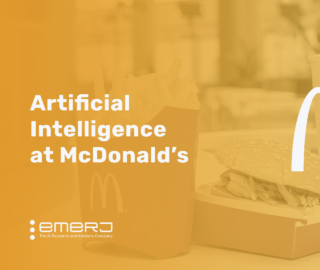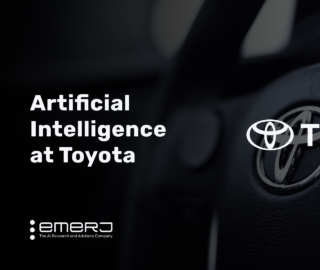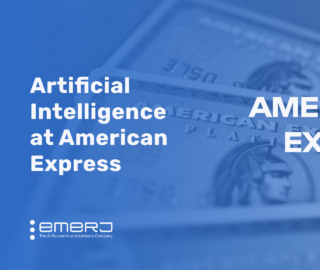
Stay Ahead of the Machine Learning Curve
Join over 20,000 AI-focused business leaders and receive our latest AI research and trends delivered weekly.
Thanks for subscribing to the Emerj "AI Advantage" newsletter, check your email inbox for confirmation.
This Content is Exclusive to Emerj
Plus Members
You've reached a category page only available to Emerj Plus Members.
Members receive full access to Emerj's library of interviews, articles, and use-case breakdowns, and many other benefits, including:
In-Depth Analysis
Consistent coverage of emerging AI capabilities across sectors.
Exclusive AI Capabilities Matrix
An explorable, visual map of AI applications across sectors.
Exclusive AI White Paper Library
Every Emerj online AI resource downloadable in one-click
Best Practices and executive guides
Generate AI ROI with frameworks and guides to AI application










